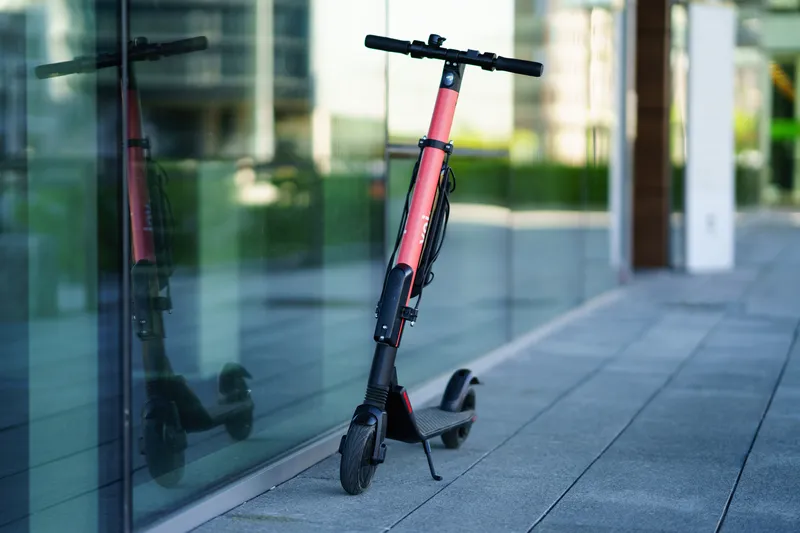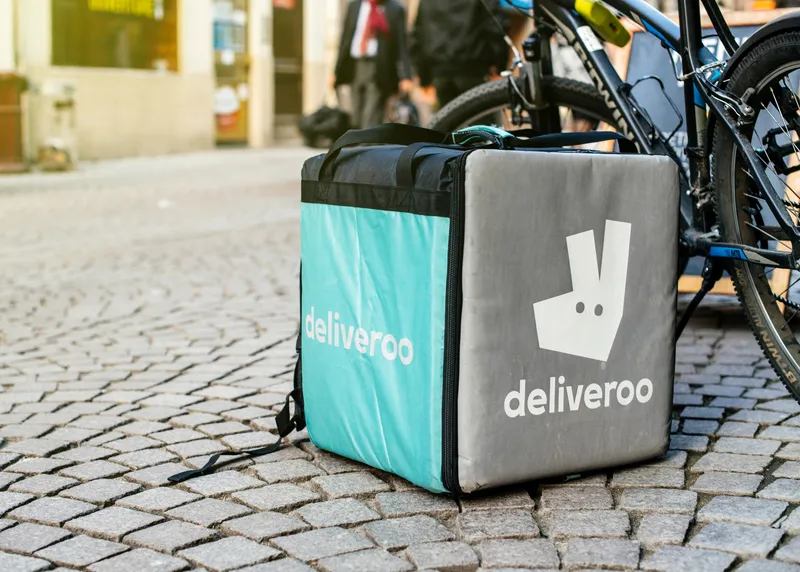
Voi's electric scooters are now available on a mobility app provided by public transport operator Rheinbahn in the German city of Düsseldorf.
The Redy app allows users to book and pay for public transport, car-sharing, bike-sharing, electric scooters and taxis.
Voi says North-Rhine Westfalia, the capital of Germany's most densely populated federal state, has shown a “very high demand” over the last few months for the flexible on-demand mobility, with close to 1.2 million rides on its scooters
Jasmin Rimmele, transport partnership manager at Voi, says: “58% of our rides in Düsseldorf are intermodal – meaning that they start or end close to public transport stations”.
The project was funded by the Federal Ministry for Digital and Transport as part of the 'Digitalisation of local transport systems' funding guideline and implemented by Rheinbahn together with the Aachen-based company Better Mobility.
Jörg Röhlen, managing director at Better Mobility, says: “We are proud to have built a fully connecting MaaS-app together with Rheinbahn, based on our white-label technology. Thanks to deep integrations Voi and all other services included are directly bookable through redy without changing apps.”
Over the next few years, the platform will be continuously expanded while more mobility services get integrated over time.
The Redy app is available in the App Store and the Google Play Store and available for both Apple (iOS) and Android devices.










